|
7 Green Life Hacks Save Thousands Annually! Also Planet-Friendly. Most of us are a little fatigued with all of the climate information, and we probably feel that we’re doing all that we can, until we hear that… · Less than 9% of the plastic crap that we put in the proper bin actually gets recycled · Polyester and plastic are made from oil… in fact, over half of each barrel of oil is used to make plastic, polyester, vinyl (like our car seats), rubber (tires), asphalt (roads)… Is there a moment of our lives that doesn’t touch a petrochemical? · The toxic chemicals used to make the petrochemical products listed above just spilled all over Palestine, Ohio… That’s enough to depress the Happy Face emoji… unless we turn it into anger and allow it to fuel us to make different choices. (Anger is a powerful fuel when directed toward a positive action.) What’s truly amazing is that there are 7 Green Life Hacks that are better for the planet (the water we drink, air we breathe, food we eat…) and can literally save each one of us thousands annually in our budget. (Happy Face emoji with stardust glittering all over it…) 7 Green Life Hacks Shop Local Eat Local, Organic Food Walk and Bike More Use Less Electricity Compost Food Scraps Choose Cotton & Cashmere. Ditch Polyester. There’s No Excuse for Single Use + Health Savings Accounts And here is how it works… Shop Local When we get our things shipped from far away, it takes a lot of fossil fuels and CO2 to land on our front porch. That’s not even factoring in the trees that are cut down to make the packaging and the plastic filler that’s made from oil byproducts. Be inspired by England’s Most Powerful Green Lobby, the 4-9-year-olds at Damers First School, who grow their own food, have eliminated most of the plastic from their school, compost their food waste and have even convinced many local businesses to do much of the same. (Watch the 6-minute video made by the team at EarthGratitude.org.) Shopping local keeps money flowing in our community. This is an important part of having a thriving city. Eat Local, Organic Food If we are not eating local and organic, we are very likely eating rainforest beef and Cancer Alley chicken, in addition to the planetary costs of shipping. What do I mean by that? Rainforests are burned down in Brazil to make way for industrialized cattle production. About 1/10th of the beef currently imported into the U.S. is from Brazil. If you haven’t heard about cancer alley, that’s worth, looking at Wikipedia page on it. The chemicals used in industrial chicken and pork farms flows into the Gulf of Mexico and has created an enormous dead zone where literally nothing can survive. If the toxins are that bad for sea life, how can it possibly be good for humans? Can we grow our own food to save money? At Compton Community Garden, families can rent a garden box and grow all the produce that a family of 4 needs for about $200/year. (Click to read a blog on that project.) A lot of community gardens have a master gardener who offers courses, and a lot of great information on gardening can be found online and on social media. Walk, Bike and Take Public Transportation More As you saw in the chart below, transportation is the largest CO2 emitter. Part of the problem is having China be the factory to the world and having everything we own shipped to us from around the globe, but that’s not the full story. Most European cities have a CO2 footprint that is half or less that of world metropolises. People in the United States, Australia, Canada, and the Middle East have the highest CO2 footprint per capita. The main reason for that is that biking and walking cultures are more developed in Europe. Getting rid of gridlock, pollution and CO2 didn’t happen by accident. Here’s a picture of Amsterdam in the 1970s. Amsterdam is now a place where almost everyone commutes by bike. When you look at things from a different angle (like looking down at traffic jams from a bird’s eye view), the solutions seem obvious. Healthy people who bike and walk more are less likely to suffer from obesity, and the problems that come from that. That can save a lot of time and money spent on doctors and medicine. It might also mean that you should think about a Health Savings Account, instead of spending an arm and a leg on health insurance. But there are even more savings to be had by ditching the car. The average car owner spends $8,000 or more annually (when you factor in the car payment, the insurance costs, gasoline and maintenance). Many people find that walking, and biking, combined with the occasion taxi, Zip car or car rental can save thousands of dollars annually. Click to read about the former Mayor of Santa Monica’s household, where they have one car, four adults and five bikes, and about my 8 Green Days in Santa Monica (without a car). Use Less Electricity Most of us can save thousands annually with smarter electric choices. That can be achieved with simple tools, like an on/off switch, a timer, a thermostat, a smart homeowner’s app and/or proper insulation. When I asked a handyman and an electrical engineer how much they spend on electricity each month, both told me less than $50/month – without the use of solar panels, simply with smarter choices. Rooftop solar homeowners typically enjoy those kinds of savings as well, though it is always smart to get your megawatt usage down as low as possible regardless of the power source. In the United States about 60% of our power is generated from fossil fuels. That varies state by state. (Click to see the generation sources of your state.) There’s no reason to heat water while we’re asleep or out of the house. I think of a coal or nuclear plant firing up before taking the elevator. Can I simply take the stairs? Every time we switch off and power down, no matter on who’s dime it is, we are contributing to a lower CO2 footprint. Compost Food Scraps Many cities want homeowners and business owners to put food scraps in the yard waste bin. Some, like Seattle, even mandate that, and fine you if you don’t. Why? Because about 60% of food waste goes to the landfill and becomes methane, a toxic pollutant. While it’s in your trash, it can be pretty stinky. Composting is a great way to turn food scraps into fertilizer. Damers First School receives donations for their compost and has used the money to build a nature area and outdoor classrooms. Green Our Planet has helped 197 schools in Las Vegas save 49.3 million gallons of water each year. That's a lot of money that can be used for instruments, teachers and outdoor learning gardens. The kids at the Edible Schoolyard in Berkeley, California, Alice Waters’ charitable organization, manage their own compost row. The school will be featured in the 2023 online global Earth Gratitude celebration. I encourage you to go to earthgratitude.org for all of the details on how to watch their lesson on composting, and other inspiring sustainability projects around the world. I store my food scraps in the freezer, which makes it very easy to take to the compost bin. In Santa Monica, CA, it’s just out back in the alley. In Manhattan, there are many compost drop-off points – usually just a few blocks away. Choose Cotton, Wool, Cashmere and Alpaca. Ditch Polyester. Polyester is a petrochemical that leaches pollutants into our water supply every time it is washed. So, recycling, reusing or buying vintage doesn’t make it sustainable. If we all choose natural fiber clothing, the fashion designers will give us what we want. Cotton, wool, cashmere and alpaca are the most sustainable. Wood-based fibers like viscose and rayon are better than petrochemical clothing, but require a lot of processing and water to produce. There’s No Excuse for Single Use Now that we know plastic isn’t getting recycled and forests are being flushed down the toilet, there’s no excuse for single use in today’s world. We can drink our designer lattes in a reusable mug, or at a sit-down café. We can use recycled toilet paper. We can share #NoExcuseForSingleUse on social media, especially when calling out celebrities and shows that try to normalize drink and dump behavior. What would happen if we took all of our plastic containers back to the store where we purchased them, with a message in a bottle saying, “Please end plastic pollution?” Would they figure out a different way to get our goods to us? If everyone of us did that, things would change overnight… Let’s be brave and creative. + Health Savings Accounts If we are healthy and spending a lot on health insurance, we could stop making the health insurance company rich, keep a lot of that money for ourself, build up our own health savings account and take a tax credit, while still having protection in case of a catastrophic event. It’s a good idea to start the HSA early for the budget savings and because it becomes our best long-term health care plan. Learn more about Health Savings Accounts in the Thrive Budget section of The ABCs of Money 5th edition. 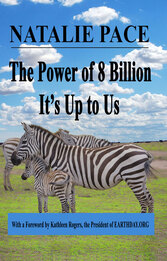 Bottom Line When we learn a new truth, it shifts the way that we act forever. I encourage you to read, share and review The Power of 8 Billion: It’s Up to Us to learn the facts about how easy it is to adopt these green hacks that fuel our richer lives with thousands of dollars in annual savings. The ebook is free in the U.S. on April 22nd, for 5 days only. Also, this weekend’s 2023 online global Earth Gratitude celebration will feature 73-minutes of inspiring sustainability, conservation and environment projects from 5 different continents -- all presented with an element of gratitude, solutions and vision. Access the livestream at https://earthgratitude.org. Email [email protected] or call 310-430-2397 if you are interested in learning time-proven investing, budgeting, debt reduction, college prep, ESG and home buying solutions that will transform your life and heal our planet at our next Financial Freedom Retreat. We spend one full day on what's safe, helping you to protect your wealth and reduce money stress. 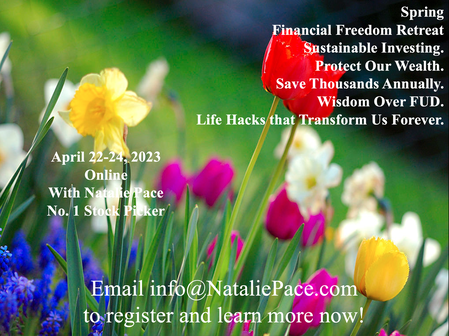 Join us for our Online Financial Freedom Retreat. April 22-24, 2023. Email [email protected] to learn more. Register with friends and family to receive the best price. Click for testimonials, pricing, hours & details.  Join us for our Restormel Royal Immersive Adventure Retreat. March 8-15, 2024. Email [email protected] to learn more. Register with friends and family to receive the best price. Click for testimonials, pricing, hours & details. Early Bird pricing ends May 30, 2023. There is very limited availability. 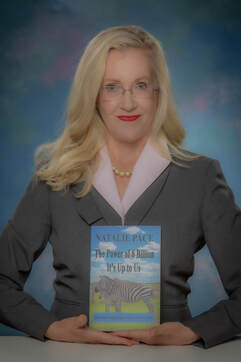 Natalie Wynne Pace is an Advocate for Sustainability, Financial Literacy & Women's Empowerment. Natalie is the bestselling author of The Power of 8 Billion: It's Up to Us and is the co-creator of the Earth Gratitude Project. She has been ranked as a No. 1 stock picker, above over 835 A-list pundits, by an independent tracking agency (TipsTraders). Her book The ABCs of Money remained at or near the #1 Investing Basics e-book on Amazon for over 3 years (in its vertical), with over 120,000 downloads and a mean 5-star ranking. The 5th edition of The ABCs of Money was released on September 17, 2021. Natalie Pace's easy as a pie chart nest egg strategies earned gains in the last two recessions and have outperformed the bull markets in between. That is why her Investor Educational Retreats, books and private coaching are enthusiastically recommended by Nobel Prize winning economist Gary S. Becker, TD AMERITRADE chairman Joe Moglia, Kay Koplovitz and many Main Street investors who have transformed their lives using her Thrive Budget and investing strategies. Click to view a video testimonial from Nilo Bolden. Check out Natalie Pace's Apple Podcast. Watch videoconferences and webinars on Youtube. Other Blogs of Interest The Debt Ceiling. Will the U.S. Stop Paying Bills in June? Fossil Fuels Touch Every Part of Our Lives Are There Any Safe, Green Banks? 8 Fires the Federal Reserve Board Needs to Put Out. 7 Ways to Stash Your Cash Now. Lessons from the Silicon Valley Bank Failure. The 2 Best Solar Stocks Which Countries Offer the Highest Yield for the Lowest Risk? Rebalance By the End of March Solar, EVs, Housing, HSAs -- the Highest-Yield in 2023? Are You Anxious or Depressed over Money? Why We Are Underweighting Banks and the Financial Industry. You Stream all the Channels. Should You Invest, Too? NASDAQ is Still Down -26%. Are Meta & Snap a Buy? 2023 Bond Strategy Emotions are Not Your Friend in Investing Investor IQ Test Investor IQ Test Answers Bonds Lost -26%, Silver Held Strong. 2023 Crystal Ball for Stocks, Bonds, Real Estate, Cannabis, Gold, Silver. Tilray: The Constellation Brands of Cannabis New Year, New Healthier You Tesla's $644 Billion Fall From Mars Silver's Quiet Rally. Free Holiday Gift. Stocking Stuffers Under $10. Cash Burn & Inflation Toasted the Plant-Based Protein Companies Save Thousands Annually With Smarter Energy Choices Is Your FDIC-Insured Cash Really Safe? Giving Tuesday Tips to Make Your Charitable Contribution a Triple Win. Is Your Pension Plan Stealing From You? The FTX Crypto Fall of a Billionaire (SBF). Crypto, Gold, Silver: Not So Safe Havens. Will Ted Lasso Save Christmas? 3Q will be Released This Thursday. Apple and the R Word. Yield is Back. But It's Tricky. The Real Reason Why OPEC Cut Oil Production. The Inflation Buster Budgeting and Investing Plan. No. Elon Musk Doesn't Live in a Boxabl. IRAs Offer More Freedom and Protection Than 401ks. Will There Be a Santa Rally 2022? What's Safe in a Debt World? Not Bonds. Will Your Favorite Chinese Company be Delisted? 75% of New Homeowners Have Buyer's Remorse Clean Energy Gets a Green Light from Congress. Fix Money Issues. Improve Your Relationships. 24% of House Sales Cancelled in the 2nd Quarter. 3 Things to Do Before July 28th. Recession Risks Rise + a Fairly Safe High-Yield Bond DAQO Doubles. Solar Shines. Which Company is Next in Line? Tesla Sales Disappoint. Asian EV Competition Heats Up. 10 Wealth Strategies of the Rich Copper Prices Plunge Colombia and Indonesia: Should You Invest? 10 Misleading Broker/Salesman Pitches. Why are Banks and Dividend Stocks Losing Money? ESG Investing: Missing the E. Bitcoin Crashes. Crypto, Gold and Stocks All Crash. The U.S. House Decriminalizes Cannabis Again. The Risk of Recession in 6 Charts. High Gas Prices How Will Russian Boycotts Effect U.S. Multinational Companies? Oil and Gas Trends During Wartime Russia Invades Ukraine. How Have Stocks Responded in Past Wars? 2022 Crystal Ball in Stocks, Real Estate, Crypto, Cannabis, Gold, Silver & More. Interview with the Chief Investment Strategist of Charles Schwab & Co., Inc. Stocks Enter a Correction What's Safe in a Debt World? Money Market Funds, FDIC, SIPC: Are Any of Them Safe? My 24-Year-Old is Itching to Buy a Condo. Should I Help Him? The 12-Step Guide to Successful Investing. Gardeners Creating Sanctuary & Solutions in Food Deserts. The Bank Bail-in Plan on Your Dime. Rebalancing Your Nest Egg IQ Test. Answers to the Rebalancing Your Nest Egg IQ Test. Important Disclaimers Please note: Natalie Pace does not act or operate like a broker. She reports on financial news, and is one of the most trusted sources of financial literacy, education and forensic analysis in the world. Natalie Pace educates and informs individual investors to give investors a competitive edge in their personal decision-making. Any publicly traded companies or funds mentioned by Natalie Pace are not intended to be buy or sell recommendations. ALWAYS do your research and consult an experienced, reputable financial professional before buying or selling any security, and consider your long-term goals and strategies. Investors should NOT be all in on any asset class or individual stocks. Your retirement plan should reflect a diversified strategy, which has been designed with the assistance of a financial professional who is familiar with your goals, risk tolerance, tax needs and more. The "trading" portion of your portfolio should be a very small part of your investment strategy, and the amount of money you invest into individual companies should never be greater than your experience, wisdom, knowledge and patience. Information has been obtained from sources believed to be reliable. However, NataliePace.com does not warrant its completeness or accuracy. Opinions constitute our judgment as of the date of this publication and are subject to change without notice. This material is not intended as an offer or solicitation for the purchase or sale of any financial instrument. Securities, financial instruments or strategies mentioned herein may not be suitable for all investors. Comments are closed.
|
AuthorNatalie Pace is the co-creator of the Earth Gratitude Project and the author of The Power of 8 Billion: It's Up to Us, The ABCs of Money, The ABCs of Money for College, The Gratitude Game and Put Your Money Where Your Heart Is. She is a repeat guest & speaker on national news shows and stages. She has been ranked the No. 1 stock picker, above over 830 A-list pundits, by an independent tracking agency, and has been saving homes and nest eggs since 1999. Archives
July 2024
Categories |







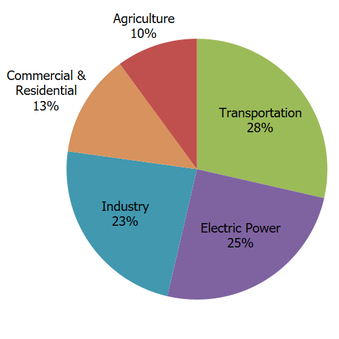
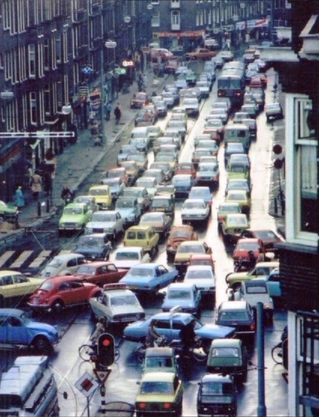
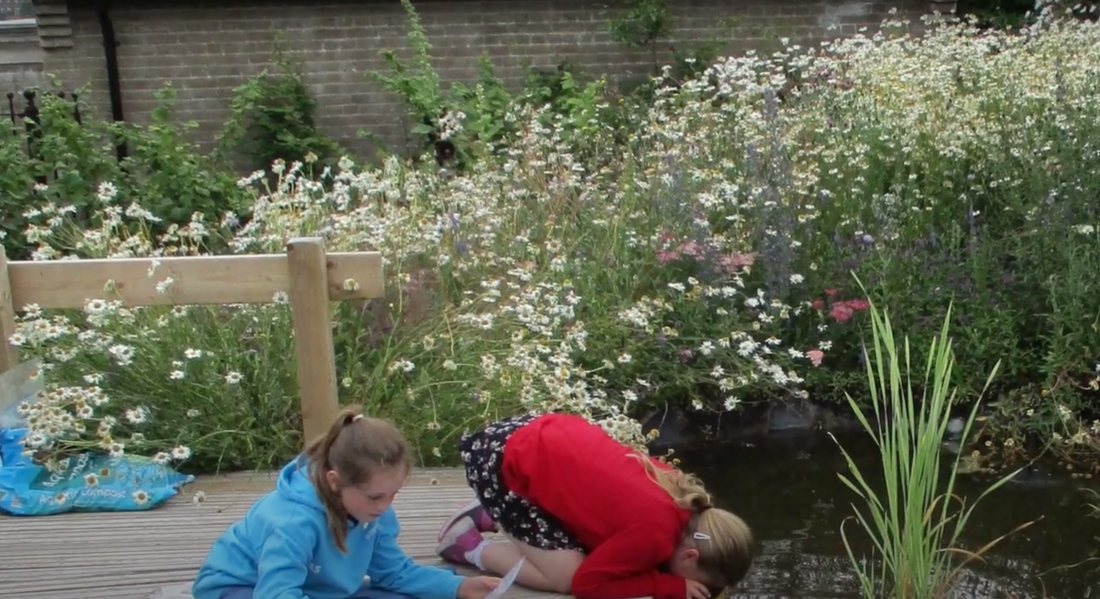
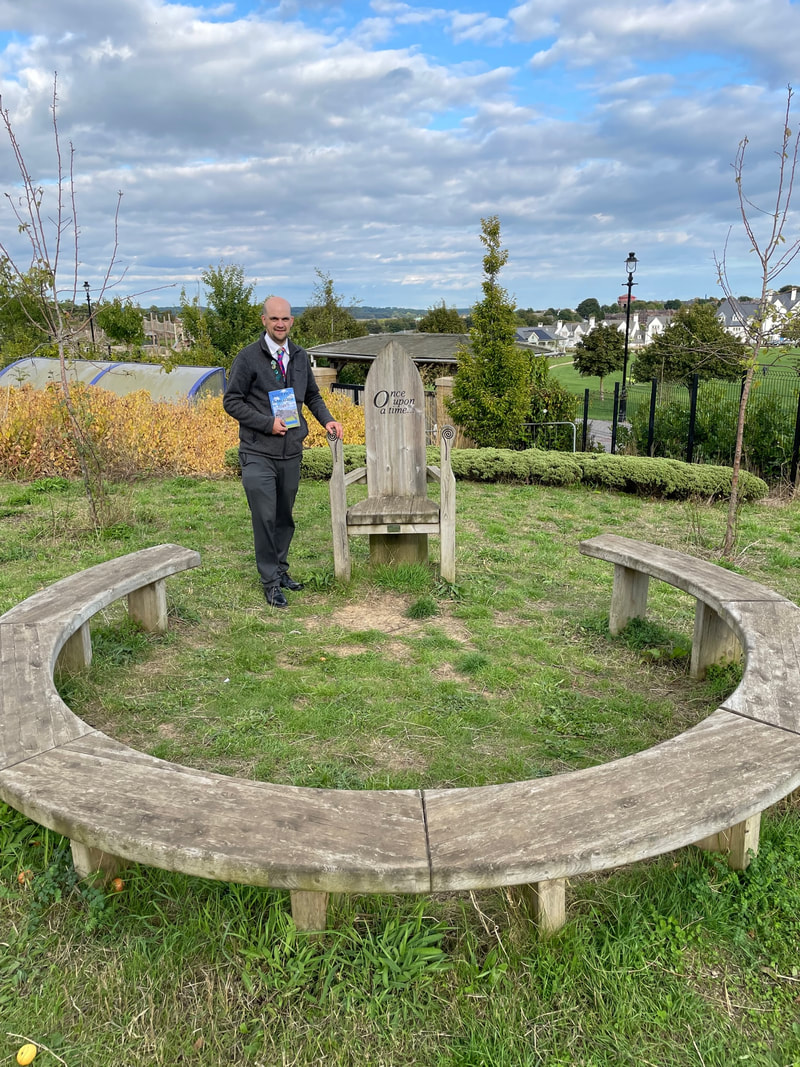
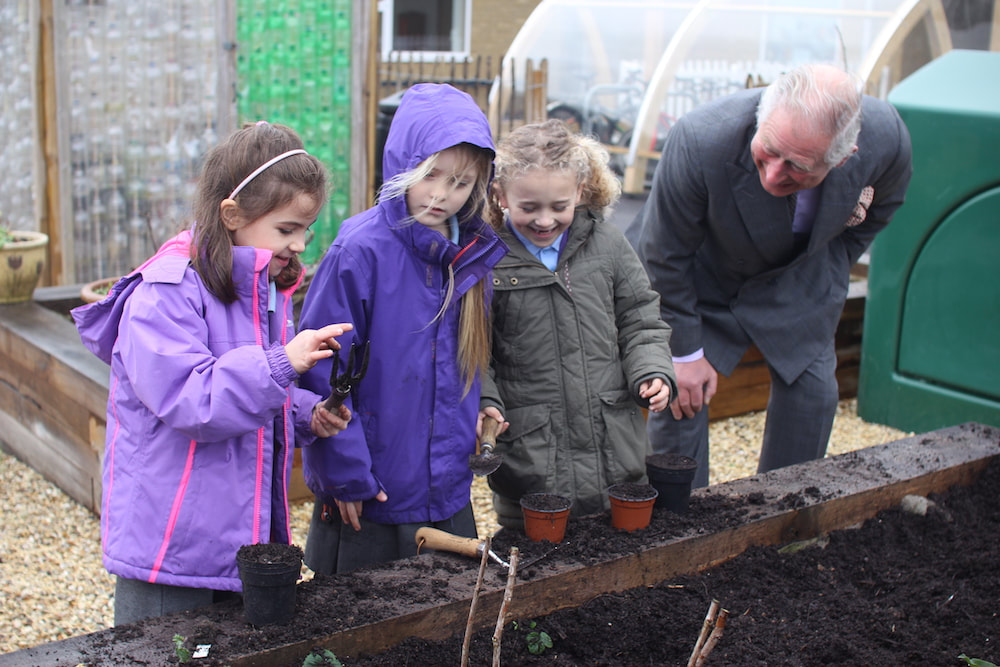
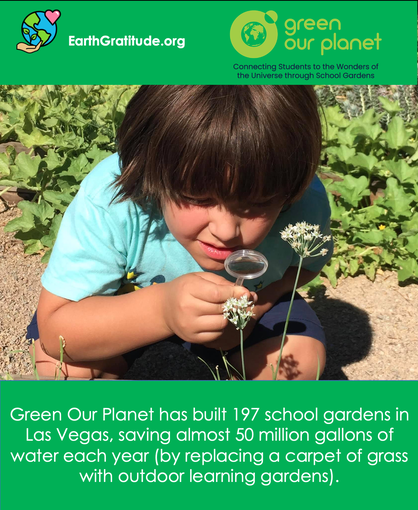
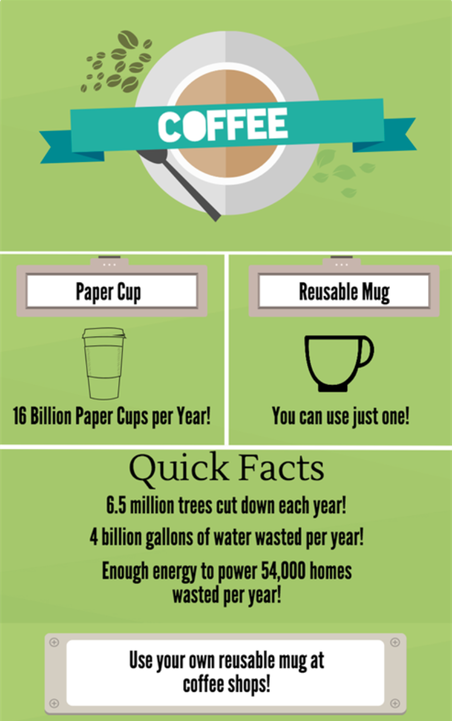
 RSS Feed
RSS Feed